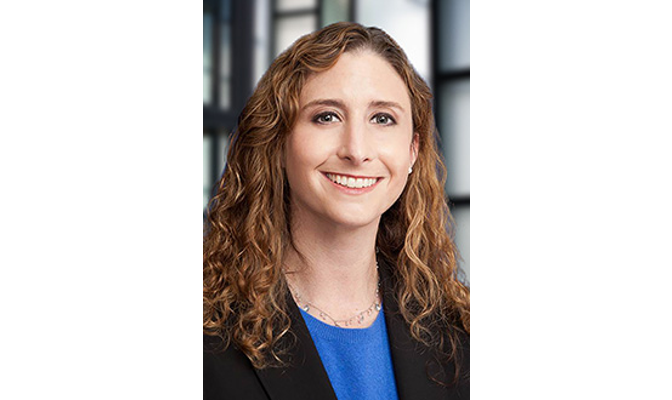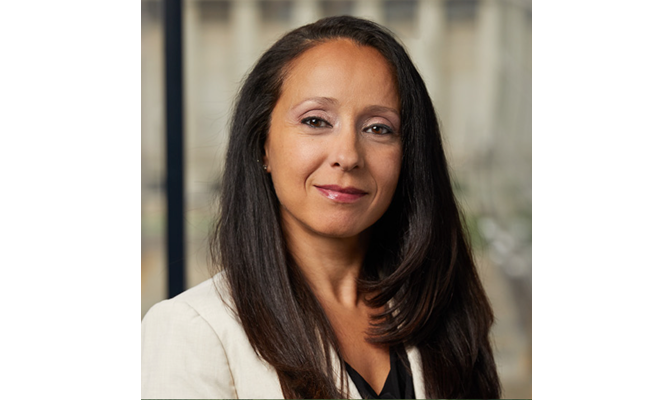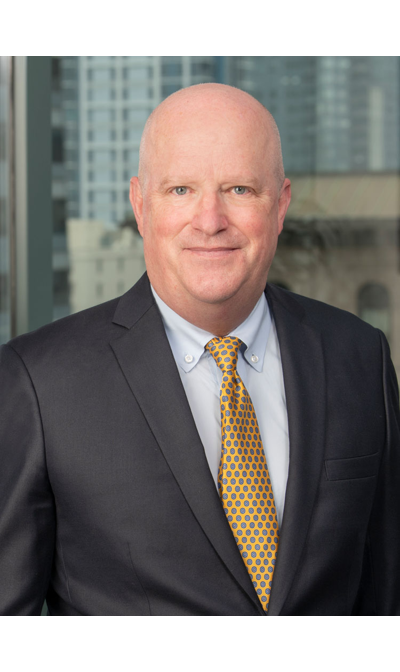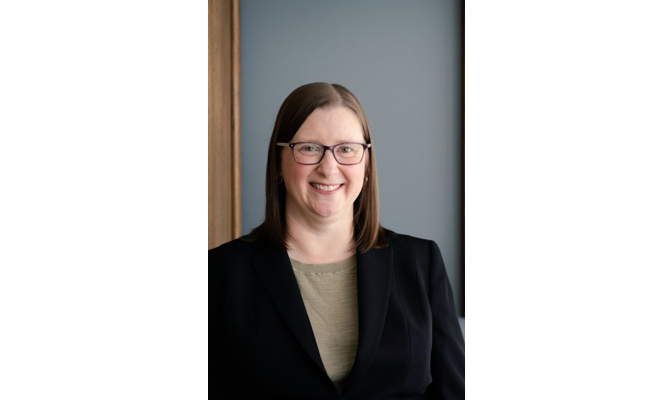Hon. Kira L. Klatchko is our Latest Featured Speaker!
Our latest featured speaker is the Honorable Kira L. Klatchko, a Judge of the Riverside County Superior Court of California!
Hon. Kira L. Klatchko is speaking at our upcoming 10th Annual Advanced Appellate Practice Program (CA) program on January 21st and 23rd, 2025. This program is taught by a host of seasoned appellate attorneys. The majority among them hold the distinction of being Certified Legal Specialists in Appellate Law, like Judge Klatchko, and many have previously served as staff attorneys for various appellate justices. Designed for those well-versed in appellate practice, this seminar delves into intermediate to advanced level topics in appellate law and practice, and assumes attendees already have a foundational understanding of the subject matter.
Judge Kira Klatchko is co-teaching “Party Counsel and Amici Curiae” on January 23rd. You can see the detailed agenda and the rest of the program, and sign up to watch it live or purchase OnDemand Streaming or a recorded package download here.
Judge Klatchko has spoken year after year at our programs for more than 15 years, first when she was a practicing appellate attorney and now as a judge. She is routinely one of our highest rated speakers – she has a knack for teaching writing at the trial level and teaching pretty much any appellate related topic.
Judge Klatchko most recently spoke at our 19th Annual Superior Court Boot Camp: The Nuts and Bolts program in September of this year, which is held annually due to its popularity. You can still purchase a recorded package or OnDemand streaming here.
Judge Kira Klatchko was appointed to Riverside County Superior Court in 2016. She currently sits in Palm Springs in an unlimited civil department.
Before joining the bench, Judge Klatchko was a Civil Appellate Law Specialist, certified by the State Bar of California Board of Legal Specialization and handled both state and federal appeals arising from all areas of civil practice for clients as varied as cities, businesses and families. Judge Klatchko was a partner at Lewis Brisbois, and served as was vice chair of the firm’s national Appellate Practice Litigation group. Prior to joining Lewis Brisbois, Judge Klatchko was a partner at Best Best & Krieger where she served as chair of the firm’s appellate group. She served for six years on the State Bar of California’s Standing Committee on Appellate Courts, including a term as its chair.
Judge Klatchko is co-author of the “California” chapter of the “Appellate Practice Compendium” (ABA 2012), an insider’s guide to appellate practice. She is co-contributing editor of “California Civil Appeals and Writs” (Matthew Bender 2014), a comprehensive two-volume practice guide for appellate counsel and general litigators. Judge Klatchko was repeatedly named to the list of Super Lawyers for Southern California in Appellate Law. She is a former president of the Riverside County Bar Association, and previously served five terms as chair of the Riverside County Bar Association Appellate Section. Judge Klatchko was also a member of the California Academy of Appellate Lawyers.
Judge Klatchko has served as an adjunct professor at La Verne College of Law, teaching legal research and writing. She has also lectured on appellate ethics and practice at numerous conferences and seminars, including the California State Bar Annual Convention, the State and Local Legal Center Supreme Court Practice Seminar, and Pincus Professional Education’s Annual Advanced Appellate Conferences in Los Angeles.
In 2014, Judge Klatchko was inducted into the Desert Bar Association Hall of Fame, as Outstanding Young Attorney of the year. In 2010, Judge Klatchko was recognized by the City of Palm Springs and Palm Springs Chamber of Commerce with the Athena International Award for Young Professional Leadership, recognizing her professional success and work in the community.
Judge Klatchko received her bachelor’s degree in political science, with distinction, from the University of California, Berkeley. She earned her master’s degree in business administration from the Executive Management Program at the Peter F. Drucker and Masatoshi Ito School of Management at Claremont Graduate University. She earned her law degree at the University of California, Davis, School of Law, where she served as editor-in-chief of the U.C. Davis Journal of Juvenile Law & Policy.
We are always so thrilled to have you back Judge Klatchko!









